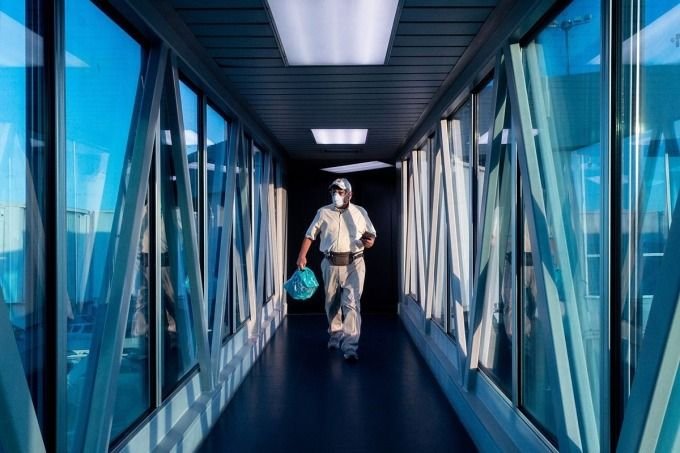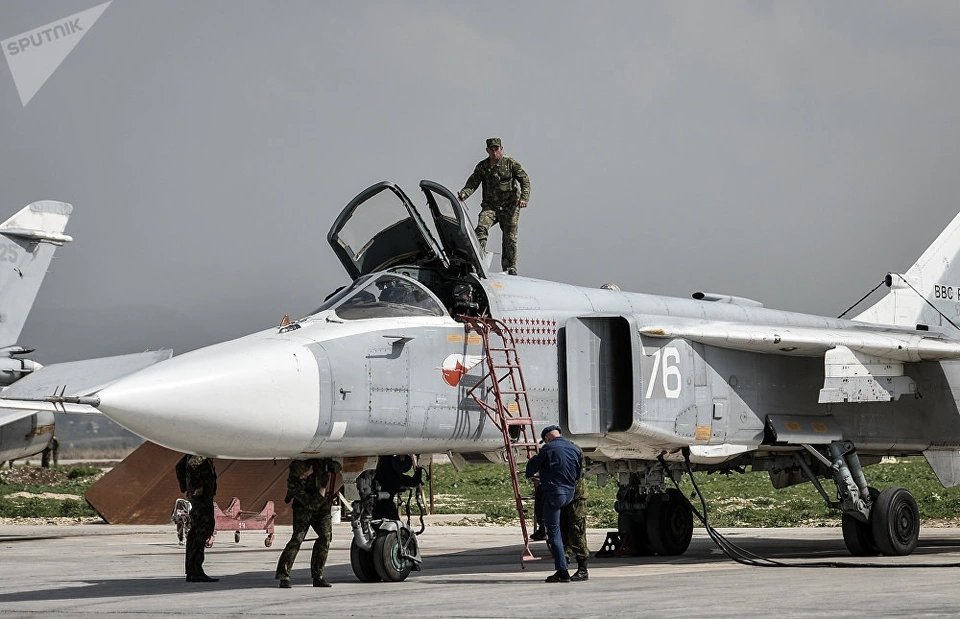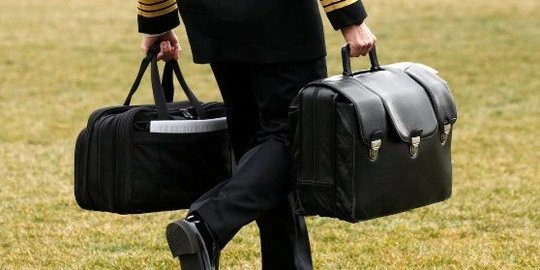How could Covid-19 permanently change the aviation industry?
A significant change is taking place, as airlines around the world reassess their operations and shape their post-crisis future.
“We should prepare for a slow recovery, even when the virus is under control,” Delta Air Lines CEO Ed Bastian wrote in a letter to employees last week.
In a matter of months, Covid-19 knocked out decades of aviation boom.
It’s unknown when people will be ready to carry their suitcases and squeeze into airplane cabins like before.
A passenger at Tocuman International Airport, Panama City, February 28.
Changes in the cabin
Airplane cabin design can change when airlines want more money from passengers.
This will lead to a clearer difference in seating for business class tickets and above, compared to economy tickets, according to Volodymyr Bilotkach, aviation management lecturer at the Singapore Institute of Technology, author.
In Asia, one of the last strongholds of all-inclusive fare policies, the expert believes that airlines flying in this direction may also reconsider to charge economy class passengers for items such as
According to IATA, even before the epidemic, airlines selling award package tickets earned only $3 in profit per customer.
Low-cost flights have resumed operations and compete with each other to attract the small number of passengers wishing to travel.
The aviation industry has overcome challenges before, but nothing as difficult as Covid-19.
EasyJet, headquartered in Luton, England.
Check passengers
Another concern is that a recovery in visitor traffic will be delayed by health-related entry rules that may vary from country to country, especially during an uneven reopening.

Disinfectant spray at El Prat Airport, Barcelona, Spain on March 19.
The fundamental nature of aviation is to strengthen trade, diplomacy, business and tourism, so it can also force governments around the world to support airlines.
According to expert Bilotkach of the Singapore Institute of Technology, many firms will certainly go bankrupt, leading to less competition.
Travel must be essential
Covid-10 has led to remote video conferences and this habit may push people to reassess the need to fly, according to UBS Group AG.
Expert Fornaro predicts there will be an acceleration in the transition from aviation to high-speed rail in Europe and China.
If this trend spreads to other regions such as Asia, it will significantly affect the strong expansion of the aviation industry.
Return to the past
It is difficult to predict any outcome while the pandemic is still not under control.
According to professor of transport and supply chain management Rico Merkert, at the University of Sydney Business School, airlines may initially reduce prices to attract passengers again.
Overall, with the possibility of reduced passenger numbers, airlines will prioritize smaller and more manageable aircraft such as Boeing’s Dreamliner and Airbus’ A330, over aircraft such as the A380, according to Molenaar at BCG.














Post Comment